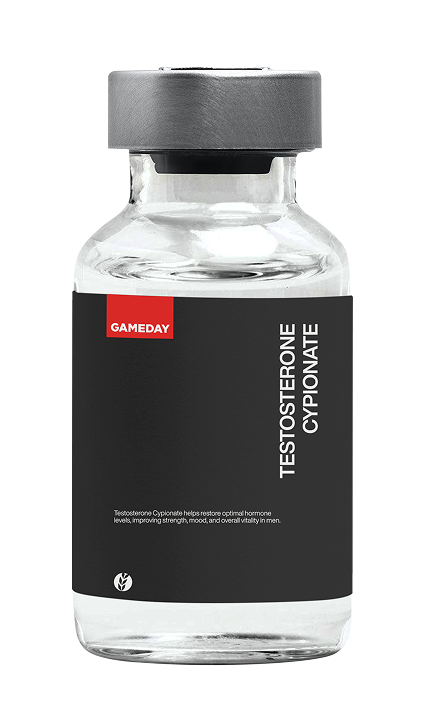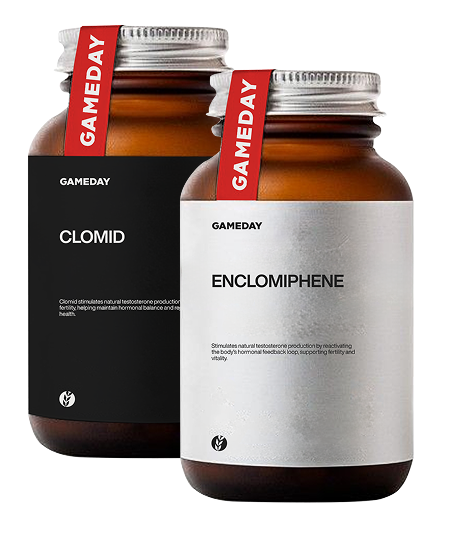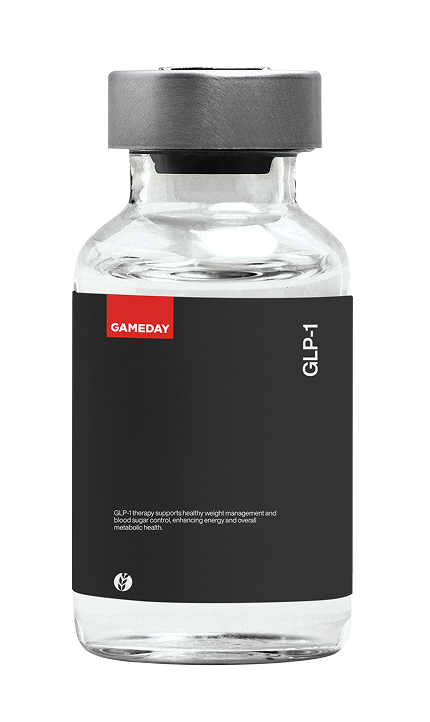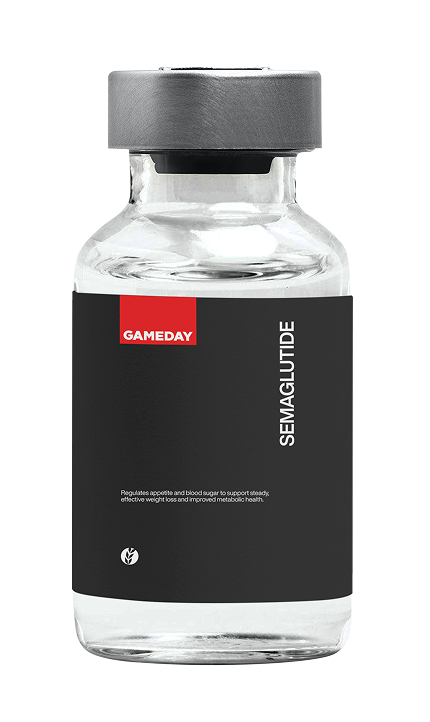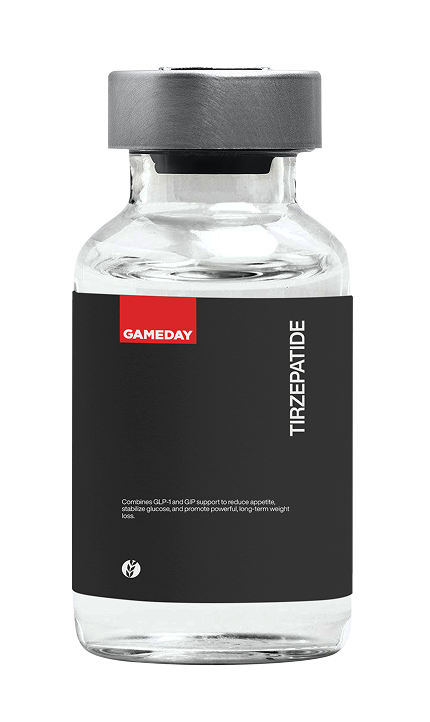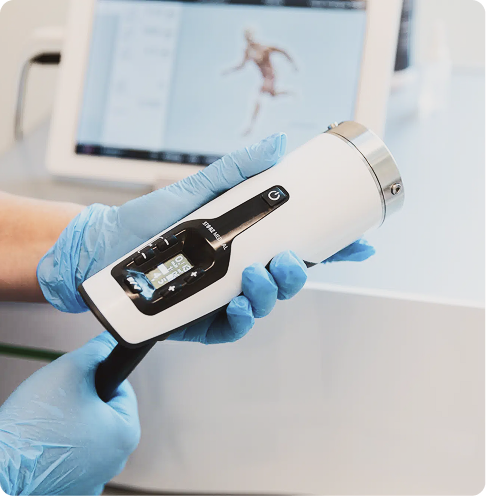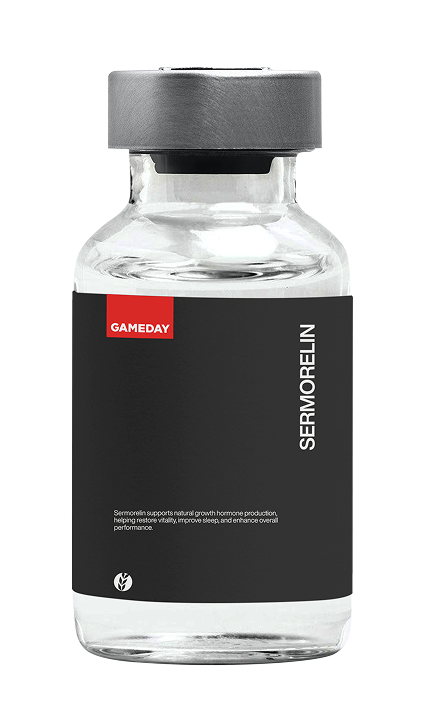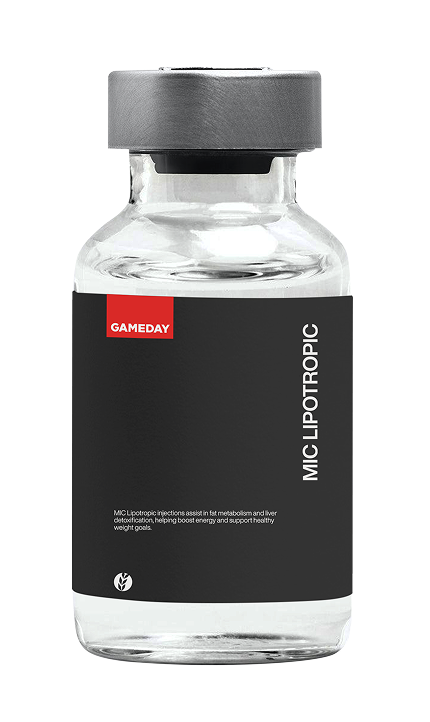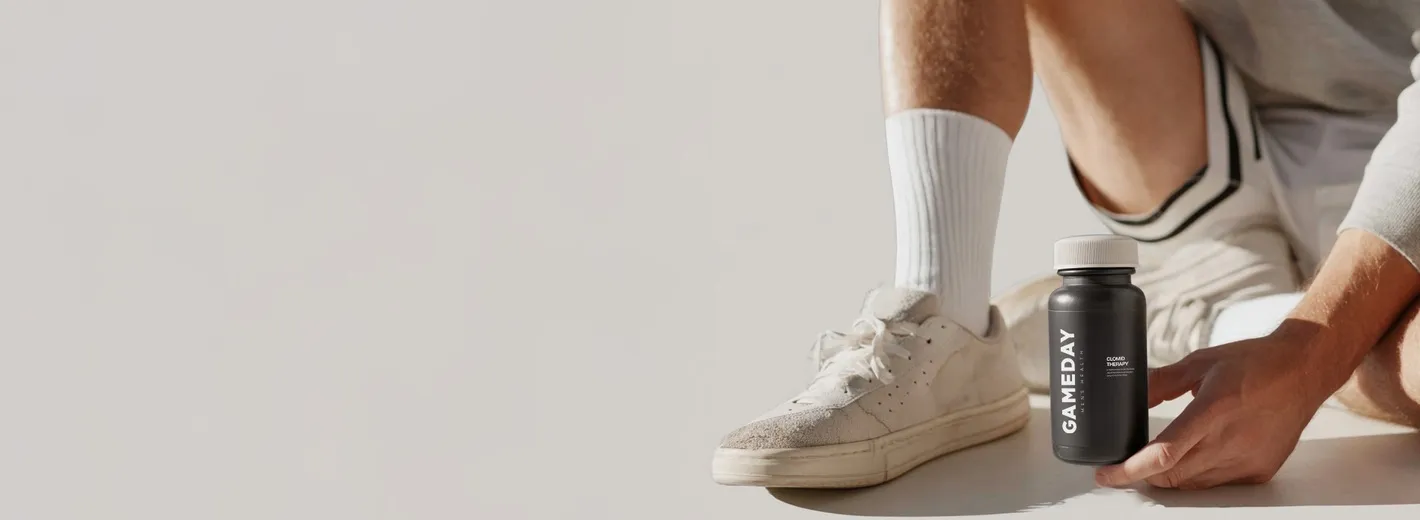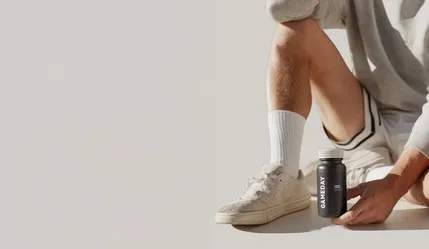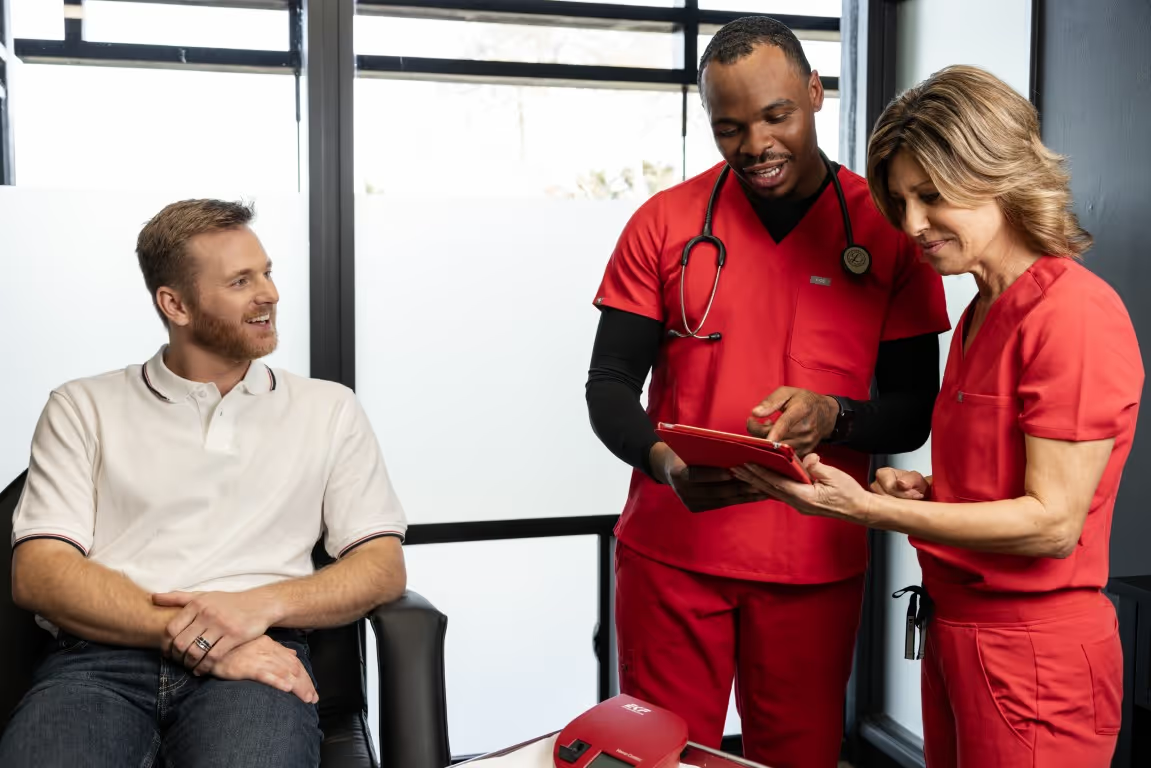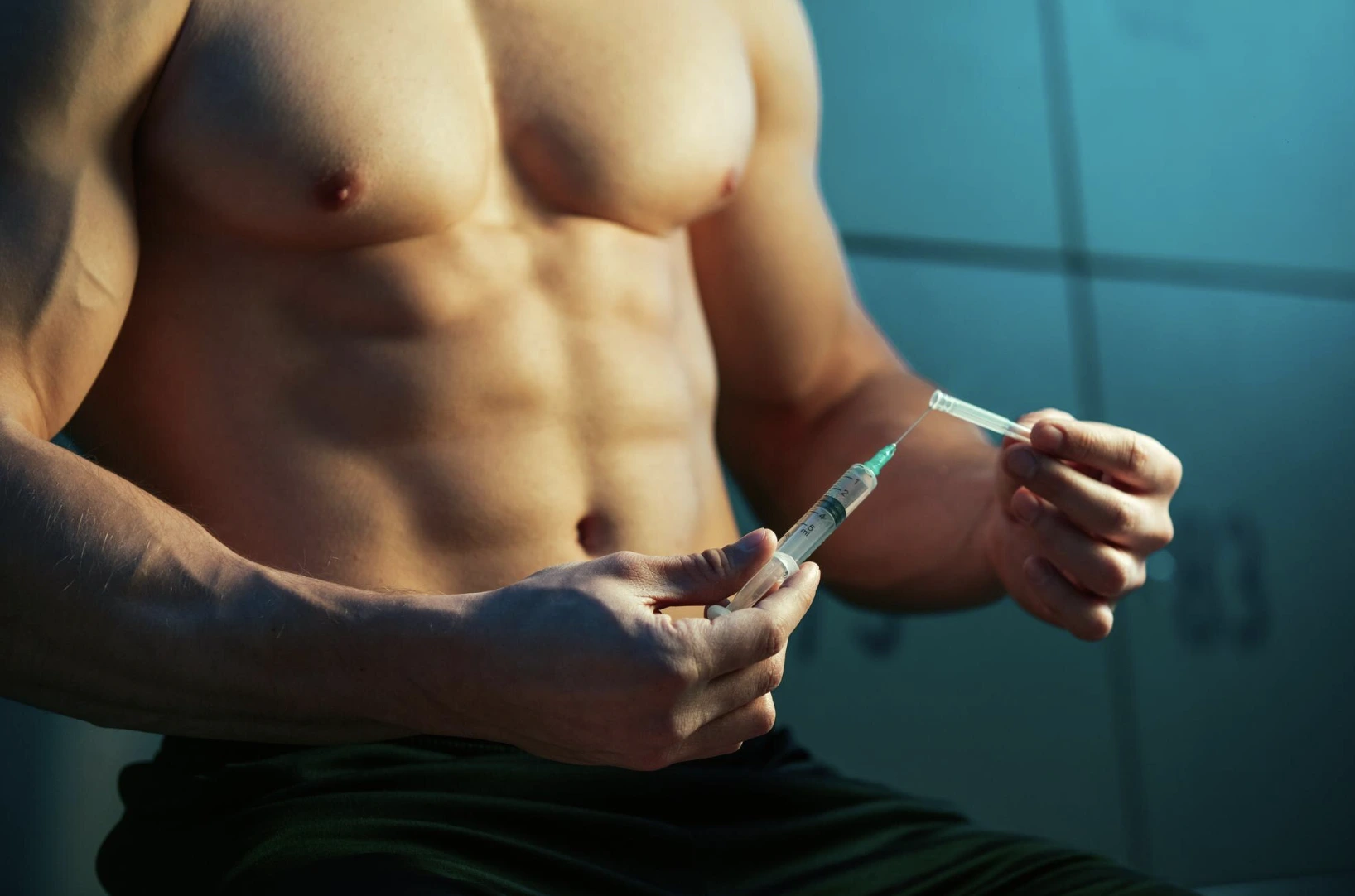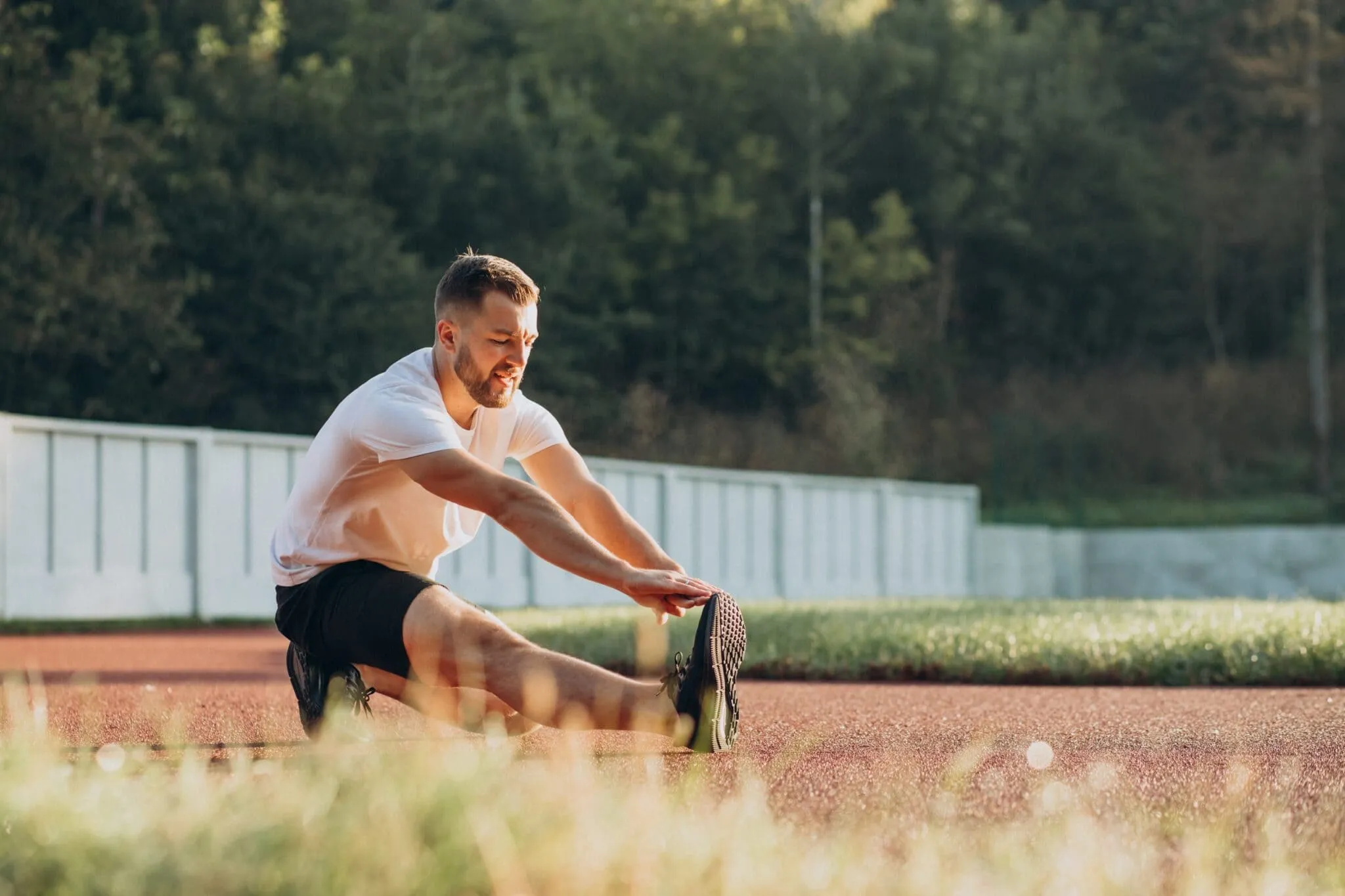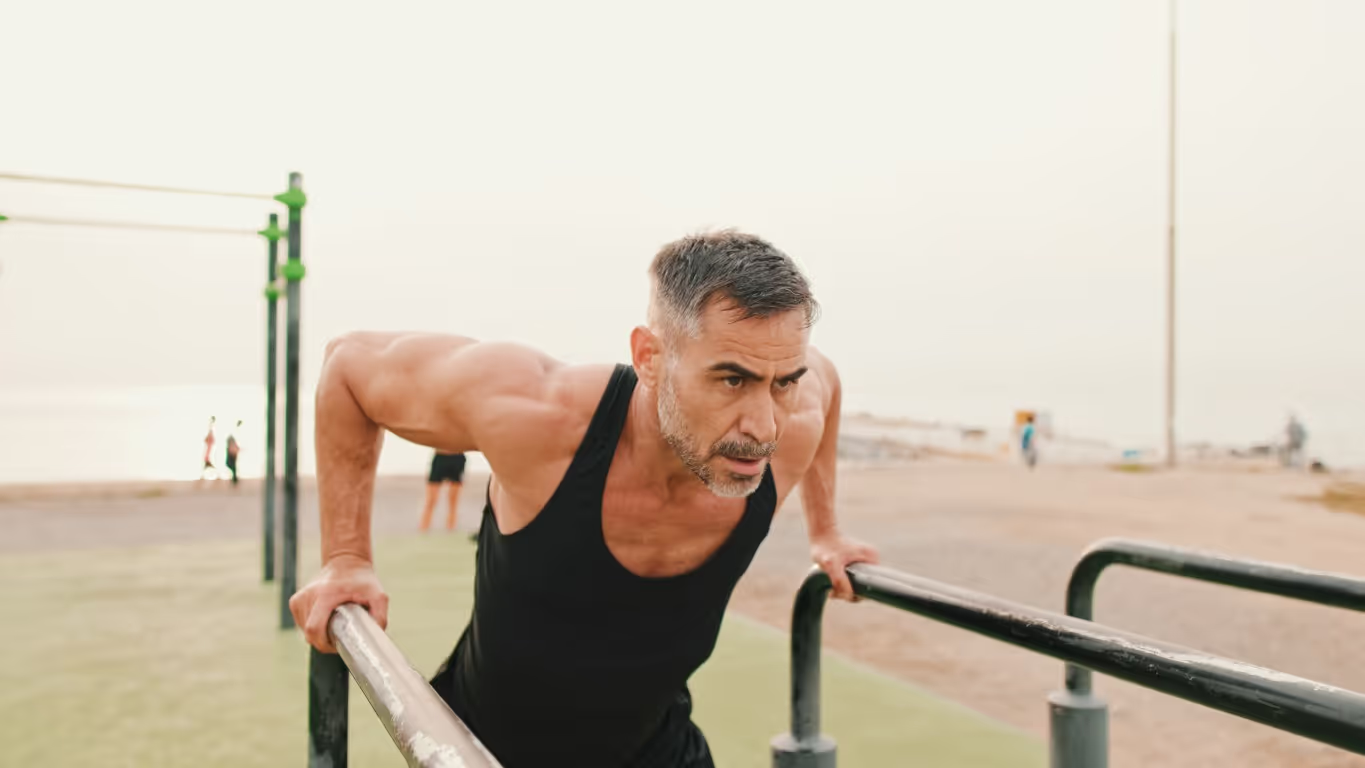As a police officer, you face unique physical and mental demands each day on the job. From long shifts and high-stress situations to the need for quick decision-making and physical strength, your body is constantly put to the test. Over time, these demands can take a toll on your hormonal health, particularly your testosterone levels.
Low testosterone, also known as hypogonadism, is a common condition among men, especially those in high-stress professions like law enforcement. Symptoms of low testosterone can include fatigue, decreased muscle mass, mood changes, and reduced sexual function—all of which can impact your ability to perform at your best both on and off the job.
What is Testosterone Therapy for Police Officers?
Testosterone therapy is a treatment designed to restore testosterone levels in men with verified testosterone deficiency. For police officers, this can be particularly beneficial given the unique demands of the profession.
Police work often involves high-stress situations, irregular shift schedules, and physical challenges—all factors that can contribute to hormonal imbalances. Studies have found that police officers tend to have lower free testosterone levels compared to control groups, putting them at higher risk for hypogonadism.
Testosterone therapy aims to alleviate the symptoms of low testosterone, which can include fatigue, decreased muscle mass, mood changes, and reduced sexual function. By restoring optimal testosterone levels, this treatment can help police officers maintain the physical and mental edge needed to perform their duties effectively.
How Low Testosterone Impacts Police Performance
The effects of low testosterone extend beyond personal well-being—they can directly impact an officer’s ability to carry out their responsibilities. Reduced physical stamina and strength can hinder an officer’s capacity to handle physically demanding tasks, such as chasing suspects or engaging in physical altercations.
Moreover, low testosterone has been linked to impaired cognitive function and decision-making skills. In the high-stakes world of law enforcement, where split-second judgments can mean the difference between life and death, any decline in situational awareness or mental acuity can have serious consequences.
Additionally, the emotional impact of low testosterone should not be overlooked. Increased risk of depression, anxiety, and irritability can take a toll on an officer’s mental resilience and overall well-being, making it harder to cope with the stresses of the job.
Benefits of Testosterone Therapy for Law Enforcement
Improved Physical Fitness and Stamina
One of the primary benefits of testosterone therapy for police officers is enhanced physical performance. By increasing muscle mass and strength, this treatment can help officers better handle the physical demands of their work, from apprehending suspects to managing long shifts on their feet.
Testosterone also plays a key role in energy metabolism, so restoring optimal levels can boost endurance and vitality. This can be especially valuable for officers who need to maintain peak performance throughout extended shifts or high-intensity situations.
Enhanced Mental Clarity and Emotional Resilience
In addition to its physical benefits, testosterone therapy can also have a profound impact on cognitive function and emotional well-being. Improved mood stability and reduced symptoms of depression or anxiety can help officers maintain the mental toughness needed to navigate high-stress encounters.
Sharper focus, memory, and decision-making abilities are also common outcomes of testosterone optimization. For police officers who need to process complex information quickly and make critical judgments under pressure, this mental edge can be invaluable.
Optimized Overall Health and Well-being
Beyond its job-specific advantages, testosterone therapy can contribute to better overall health for police officers. Testosterone deficiency has been linked to an increased risk of various chronic conditions, such as osteoporosis and cardiovascular disease. By addressing this hormonal imbalance, officers may reduce their long-term health risks.
Moreover, the improvements in sleep, libido, and general vitality that often accompany testosterone therapy can greatly enhance an officer’s quality of life. When you feel your best both physically and mentally, you’re better equipped to handle the challenges of your profession and enjoy your off-duty time to the fullest.
Testosterone Therapy Options for Police Officers
When it comes to testosterone therapy, there are several options available to suit individual preferences and lifestyles. One common approach is intramuscular injections, which are administered by a healthcare professional on a regular basis—typically every one to two weeks. This method allows for precise dosing and can quickly restore testosterone levels.
Another long-term option is testosterone pellets, which are small, cylindrical implants inserted beneath the skin by a medical professional. These pellets slowly release testosterone over the course of several months, providing a steady, consistent dose without the need for frequent treatments. This can be an appealing choice for officers who prefer a low-maintenance approach.
For those who prefer a non-invasive method, Gameday Men’s Health also offers oral testosterone options. These are taken daily in the form of capsules or tablets, providing an easy and effective way to maintain testosterone levels without the need for injections or procedures. This option can be ideal for officers looking for convenience and flexibility in their therapy.
Importance of Personalized Treatment Plans
While testosterone therapy can offer significant benefits for police officers with low testosterone, it’s crucial to recognize that there is no one-size-fits-all approach. The most effective treatment plan will depend on a variety of individual factors, including the severity of testosterone deficiency, overall health status, and personal treatment preferences.
This is where personalized treatment plans come into play. By working closely with a healthcare provider who specializes in hormone health, police officers can ensure that their testosterone therapy is tailored to their unique needs and goals.
A comprehensive evaluation, including blood tests to measure testosterone levels and a thorough review of symptoms and medical history, is essential for developing a customized treatment strategy. This may involve a combination of testosterone replacement therapy and lifestyle modifications, such as regular exercise, a balanced diet, and stress management techniques.
Ongoing monitoring is another key aspect of personalized care. Regular check-ins with a healthcare provider allow for adjustments to the treatment plan as needed, ensuring that testosterone levels remain within the optimal range and that any potential side effects are promptly addressed.
How Gameday Men’s Health Supports Police Officers with Low Testosterone
At Gameday Men’s Health, we understand the unique challenges faced by police officers and are committed to providing the specialized care they need to optimize their health and performance. Our team of experienced healthcare professionals has a deep understanding of the impact that low testosterone can have on law enforcement professionals, both on and off the job.
We offer comprehensive testosterone therapy services tailored specifically to the needs of police officers. From initial testing and diagnosis to personalized treatment plans and ongoing monitoring, we’re here to support officers every step of the way.
Our state-of-the-art facilities offer a welcoming, discreet environment where officers can feel comfortable discussing their health concerns and receiving treatment. We prioritize convenience and efficiency, with flexible scheduling options to accommodate the demanding and often unpredictable nature of police work.
In addition to testosterone therapy, we also provide a range of complementary services to support overall health and well-being, such as nutritional guidance, exercise recommendations, and stress management resources. We believe in a holistic approach to men’s health, recognizing that optimal hormone balance is just one piece of the puzzle.
At Gameday Men’s Health, we’re committed to helping police officers perform at their best and enjoy a high quality of life. By addressing low testosterone and other hormone imbalances, we aim to empower these dedicated professionals to continue serving their communities with strength, resilience, and vitality.
Is Testosterone Therapy Right for You as a Police Officer?
Deciding whether testosterone therapy is right for you as a police officer is a personal decision that should be made in close consultation with a healthcare provider who specializes in men’s hormone health. While the benefits of this treatment can be significant, it’s important to carefully consider your individual circumstances and weigh the potential risks and benefits.
Some key factors to consider when determining if testosterone therapy is appropriate for you include:
- Severity of symptoms: If you’re experiencing symptoms of low testosterone that are significantly impacting your quality of life and job performance, such as persistent fatigue, decreased muscle mass, mood changes, or sexual dysfunction, testosterone therapy may be a viable option.
- Testosterone levels: A comprehensive blood test can provide valuable insight into your current testosterone levels. If your levels are below the normal range and consistent with a diagnosis of hypogonadism, testosterone therapy may be recommended.
- Overall health status: Your general health, including any pre-existing conditions or risk factors, should be carefully evaluated before starting testosterone therapy. In some cases, underlying health issues may need to be addressed first or may influence the type of treatment that’s most appropriate for you.
- Personal preferences: Testosterone therapy is available in various forms, including injections, pellets, and oral capsules or tablets. Consider which option aligns best with your lifestyle and preferences, taking into account factors such as convenience, discretion, and frequency of administration.
It’s also crucial to have realistic expectations about what testosterone therapy can and cannot achieve. While this treatment can offer significant improvements in symptoms and overall well-being, it’s not a magic solution. Optimal results often require a combination of testosterone optimization and healthy lifestyle habits, such as regular exercise, a balanced diet, and effective stress management.
As a police officer, you may have specific concerns about the potential impact of testosterone therapy on your job performance and eligibility. It’s important to discuss these concerns openly with your healthcare provider and your department’s medical personnel. They can provide guidance on any necessary disclosures or accommodations to ensure that your treatment aligns with departmental policies and regulations.
Ultimately, the decision to pursue testosterone therapy is a deeply personal one that requires careful consideration and professional guidance. By partnering with a knowledgeable healthcare provider and being an active participant in your treatment plan, you can make an informed choice that supports your health, well-being, and ability to serve your community to the best of your ability.
FAQs About Testosterone Therapy for Police Officers
How do I know if I have low testosterone as a police officer?
If you’re experiencing symptoms such as persistent fatigue, decreased muscle mass, mood changes, or sexual dysfunction, you may have low testosterone. But the only way to confirm a diagnosis is through a comprehensive blood test and evaluation by a healthcare provider specializing in men’s hormone health. At Gameday Men’s Health, we offer convenient, confidential testing to help you determine if testosterone therapy is right for you.
Is testosterone therapy safe for police officers?
When administered under the guidance of a qualified medical professional, testosterone therapy is generally considered safe for police officers. But as with any medical treatment, there are potential risks and side effects to consider. That’s why at Gameday Men’s Health, we prioritize personalized care and ongoing monitoring to ensure that your treatment plan is both effective and safe.
Will testosterone therapy interfere with my job performance as a police officer?
In most cases, testosterone therapy can actually enhance job performance by improving physical stamina, mental clarity, and emotional resilience. But it’s important to discuss your treatment openly with your department’s medical personnel to ensure compliance with any specific policies or regulations. At Gameday Men’s Health, we’re committed to working collaboratively with our patients to develop treatment plans that support both optimal health and professional success.
How long does it take to see results from testosterone therapy?
The timeline for results can vary depending on individual factors such as the severity of testosterone deficiency and overall health status. But many patients begin to notice improvements in symptoms within several weeks of starting treatment. At Gameday Men’s Health, we provide ongoing monitoring and adjustments to ensure that you’re achieving optimal results throughout your treatment journey.
How can I get started with testosterone therapy at Gameday Men’s Health?
Taking the first step towards optimal health and performance is easy at Gameday Men’s Health. Simply schedule a confidential consultation with one of our experienced providers to discuss your symptoms, concerns, and treatment goals. We’ll work with you to develop a personalized plan that fits your unique needs and lifestyle. With convenient locations and flexible scheduling options, we make it easy for police officers to prioritize their health and well-being.
Don’t let low testosterone hold you back any longer. Schedule your appointment today and discover the Gameday Men’s Health difference. Our team is here to support you every step of the way as you work towards optimal health, peak performance, and a better quality of life.



